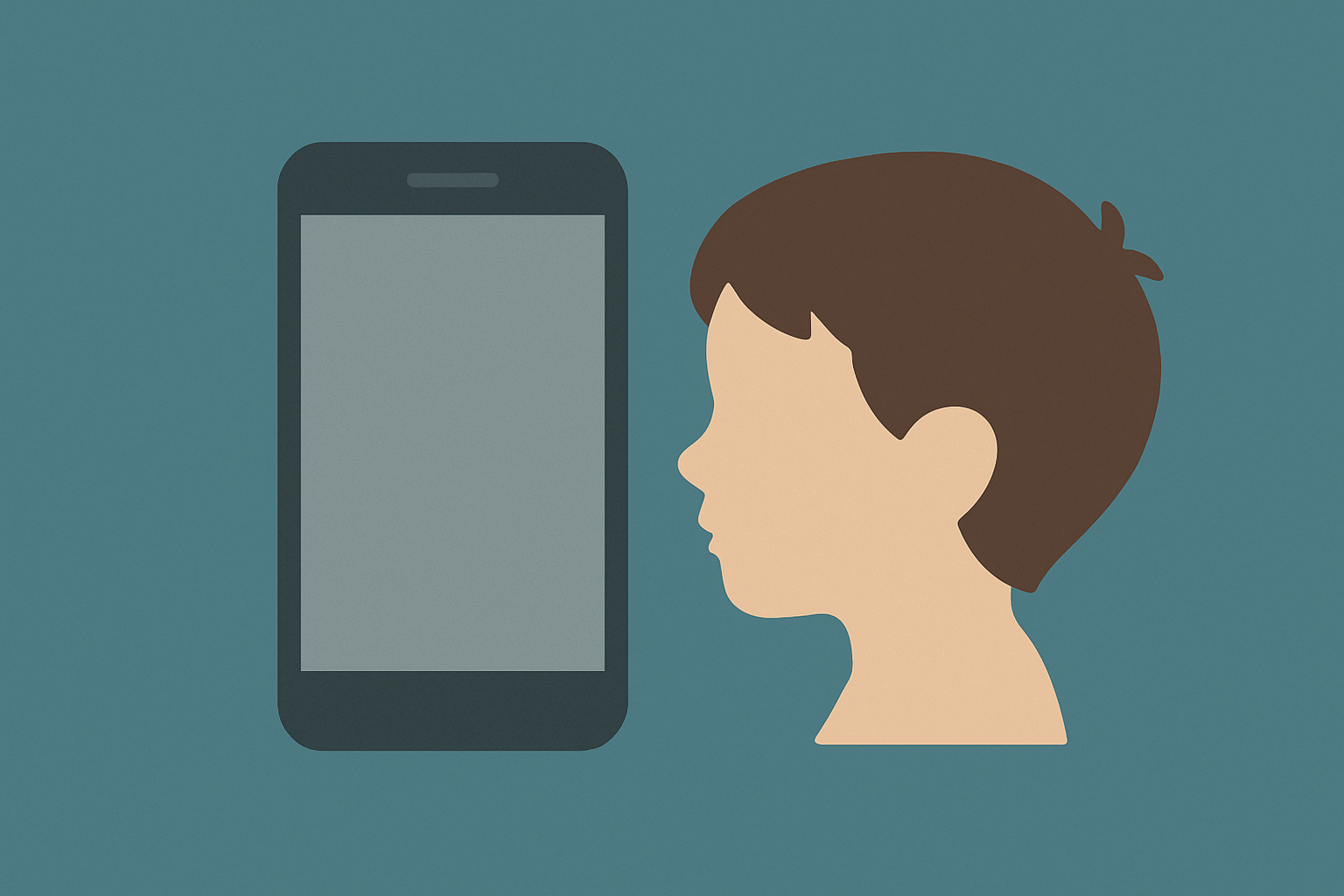The question of when to give your kids a phone is one that resonates with many parents, and it’s a common inquiry frequently found on parenting forums and social media.
Though there isn’t a specific age that applies to everyone, it is important to take into account a range of ages and other important factors. The decision is not solely about chronological age but about whether your child has reached the level of maturity to comprehend the dynamics of the digital world, including both its risks and benefits. Moreover, nurturing a strong relationship with your children is paramount in making the right decision.
In this article, we will look at the different parts of this choice and assist you in figuring out how to give your child their first phone while making a good connection with them.
Maturity and Responsibility
The most important factor to consider is your child’s maturity level. Are they responsible enough to handle the privileges and potential pitfalls of owning a phone? Can they grasp the importance of responsible internet use and digital etiquette? Parents need to gauge their child’s ability to make informed decisions, as it’s directly linked to their readiness for a phone.
Communication Needs
Another aspect to consider is the purpose of the phone. Is it primarily for communication, such as keeping in touch with parents or for emergencies? If your child is involved in extracurricular activities, after-school programs, or simply needs to reach you when they are away from home, this might factor into the decision.
School and Learning
Many schools incorporate digital devices into the learning process. If your child’s education requires access to online resources or communication with teachers, this can be a valid reason to provide them with a phone. The age at which schools introduce these requirements may also influence your decision.
Peer Pressure and Social Dynamics
Peer influence plays a role in this decision. If most of your child’s friends already have phones, they may feel left out or isolated without one. It is necessary to strike a balance between the desire to fit in and the responsibility that comes with phone ownership.
Setting Guidelines and Boundaries
Giving your child a phone is an opportunity to teach them about responsible technology use. You have to establish clear guidelines and boundaries regarding screen time, online safety, and appropriate content. Parents can use this as a chance to instill good digital habits.
Safety and Monitoring
Owning a phone provides an avenue for children to access information, connect with friends, and explore the digital world. But it also presents risks. Parents need to decide whether they will use parental control software or monitoring to ensure their child’s safety online.
Open Communication
Perhaps one of the most critical elements is maintaining an open line of communication with your child. Discuss the responsibilities and expectations that come with having a phone. Encourage them to come to you with any concerns or questions regarding their online experiences.
Gradual Introduction
Some parents choose to introduce smartphones gradually, starting with basic models or feature phones before transitioning to more advanced devices. This approach can help children become accustomed to digital responsibility over time.
The age at which you should consider getting your child a phone is a decision that varies from family to family. It hinges on the child’s maturity, communication needs, and other individual factors.

Rules for Your Kids’ Cell Phone Use
Let’s talk about some simple rules for your kids’ cell phone use. In today’s digital age, children having access to smartphones is common, but it’s important to establish guidelines to ensure their safety and responsible use. These rules aim to strike a balance between the benefits of technology and the need for healthy boundaries in your child’s digital life.
- Limit Screen Time: It’s a good idea to set time limits on how much your kids can use their phones each day. This helps balance screen time with other activities like homework, play, and family time.
- Establish Usage Zones: Designate certain areas where phone use is allowed or not allowed, like no phones at the dinner table or during study time.
- Set Bedtime Rules: Encourage your kids to keep their phones out of the bedroom at bedtime. This helps them get better sleep and reduces late-night scrolling.
- Teach Responsibility: Teach your kids to take care of their phones. This includes using protective cases, not sharing personal information online, and reporting any issues to you.
- Encourage Face-to-Face Communication: Remind your kids about the importance of talking to people in person rather than just through screens. This helps them develop social skills.
- Monitor App Usage: Keep an eye on the apps your kids download and use. Make sure they are age-appropriate and safe.
- Respect Privacy: While it is important to monitor their usage, respect their privacy to build trust. Let them know you’ll check their phone but won’t invade their personal messages.
- Lead by Example: Be a good role model by using your own phone responsibly and following similar rules. Kids often learn by observing their parents.
- Educate About Cyberbullying and Online Safety: Teach your kids about the dangers of cyberbullying and how to stay safe online. Encourage them to talk to you if they ever face any issues.
- Stay Informed: Keep yourself informed about the latest apps and online trends. This helps you understand what your kids are engaging with.
Remember, these rules are not set in stone, and you can adjust them as your kids grow and mature. The most important thing is to have open communication with your children about their phone usage and make sure it supports their safety and well-being.




